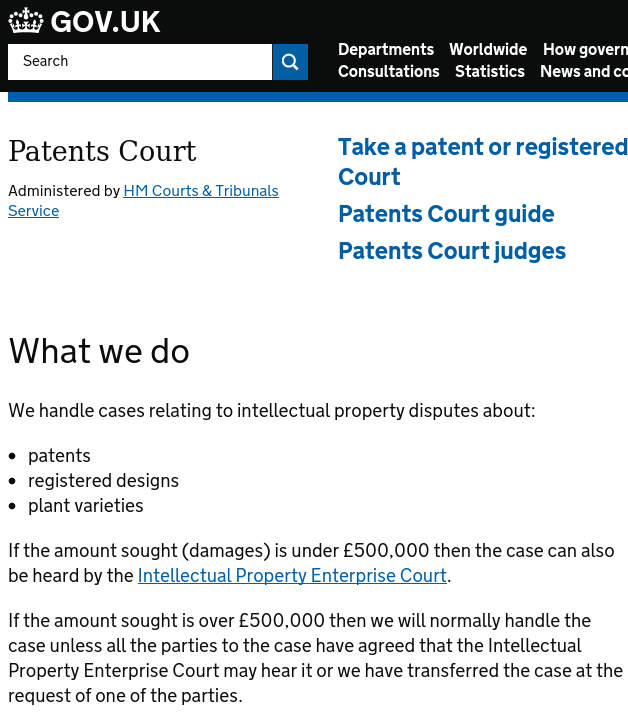

THE previous post noted that the EPO's President, António Campinos, may have already run out of time and out of favour. He won't be trusted anymore.
"Putting social aspects aside, Campinos has made it abundantly clear that he doesn't care about patent quality..."The patent extremists couldn't be happier. We'd rather not link to Watchtroll's "Mission Impossible? How US Drafters Can Minimize Support/Clarity Issues Under Article 84 EPC" and "Legal Entitlement To Priority – A European Perspective" (those are just their latest headlines, preceding articles that bash "European Patent Office opposition proceedings and in invalidity actions"). Remember that patent quality does not matter to those who just profit from a lot of litigation; fruitless litigation is a net loss to the plaintiff and defendant, but not to the law firm (so-called 'representatives').
Earlier this month we learned that the EPO had granted a patent on blood (plasma, or "blood separation patent") until the highest British court 'told' it off (indirectly); why does this keep happening? This British court has recently done the same in other cases [1, 2, 3, 4] and as IPPro Magazine put it a few days ago:
The European Patent Office (EPO) has revoked a Regenlab patent related to platelet-rich plasma after finding it lacked both novelty and added matter. Estar Medical filed an opposition to the European patent (2,073,862 B1) in 2017. It was revoked in April following an EPO hearing.
Estar was also successful in obtaining a revocation order from the UK High Court in January for the same Regenlab patent due to it lacking novelty and an inventive step.
An application to amend the UK patent from Regenlab was refused by the UK Patent Courts, which ruled that the amended patent would still be invalid.
The UK Patent Court also denied Regenlab permission to appeal that judgement and was forced to pay “extensive legal expenses” to Estar.
[...]
He commented: "It has been our position from the start that the Regenlab blood separation patent was false and should have never been granted and we are happy that the EPO shares the same view. Estar Medical has remained confident in its position since the opposition was filed in 2017.”
"So now we have patents on life, water (dependent on quality of water), air (dependent on quality of air), nature, and mathematics."But the EPO no longer honours the EPC. We've covered so many examples of that. Earlier this week Mondaq carried this piece about software patents in Europe -- patents that basically ought not exist at all!
Andrew Sunderland (Haseltine Lake LLP) wrote about the EPO having another chance to end such patents -- something which we doubt can happen when the judges lack independence/autonomy. Quoting Sunderland:
Following the recent referral to the EPO's Enlarged Board of Appeal, the EPO has issued a notice indicating that all pending proceedings before the examination and opposition divisions at the EPO, which depend entirely on the decision of the EBA, will be stayed until the decision is issued. Therefore, applicants and opponents should expect a long wait on some cases related to simulation technology.
[...]
If proceedings are stayed, the relevant division at the EPO will inform the relevant party. At the same time, any communications setting a time limit for a response will be withdrawn until the Enlarged Board has given its decision, after which the division will issue a communication concerning the resumption of proceedings.